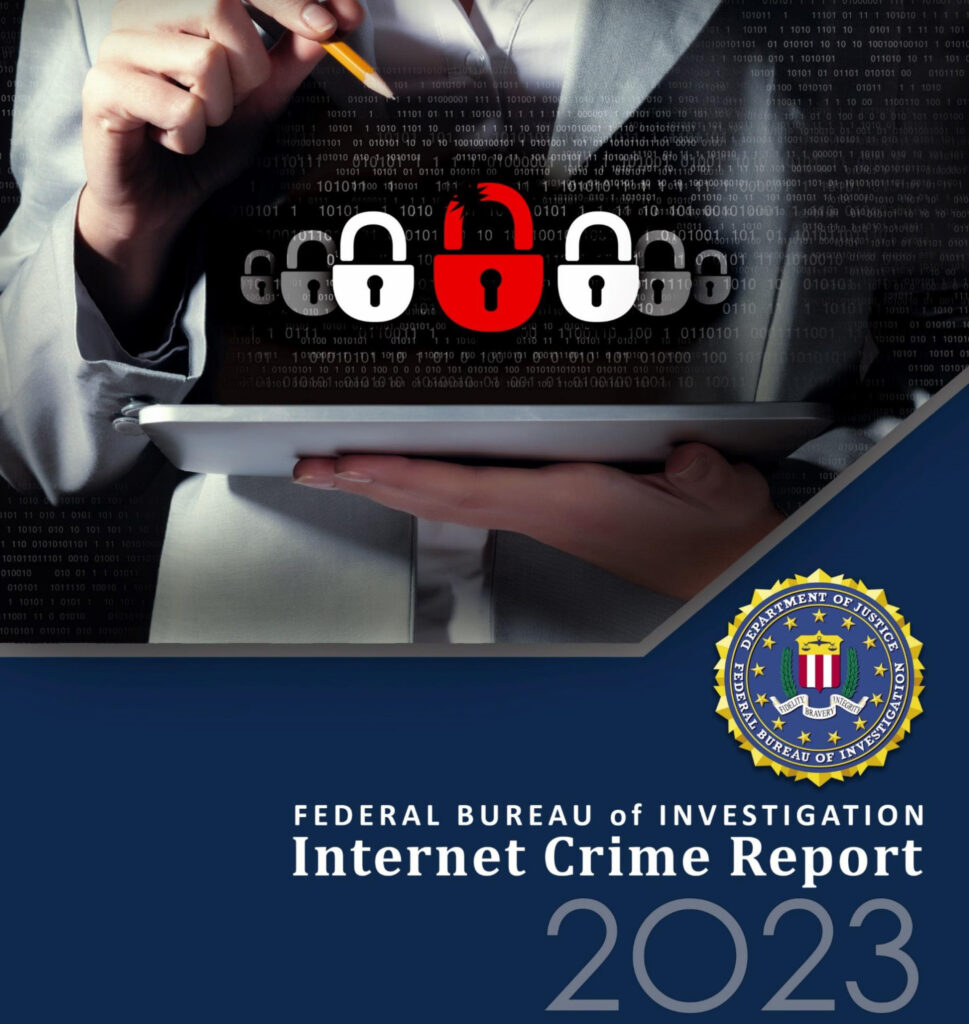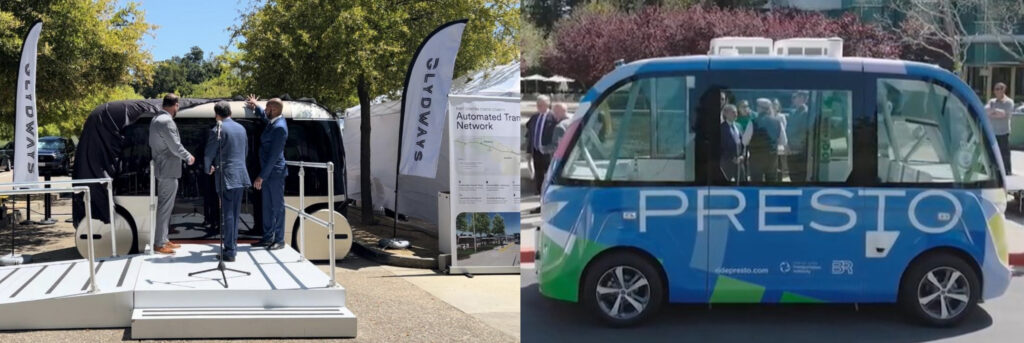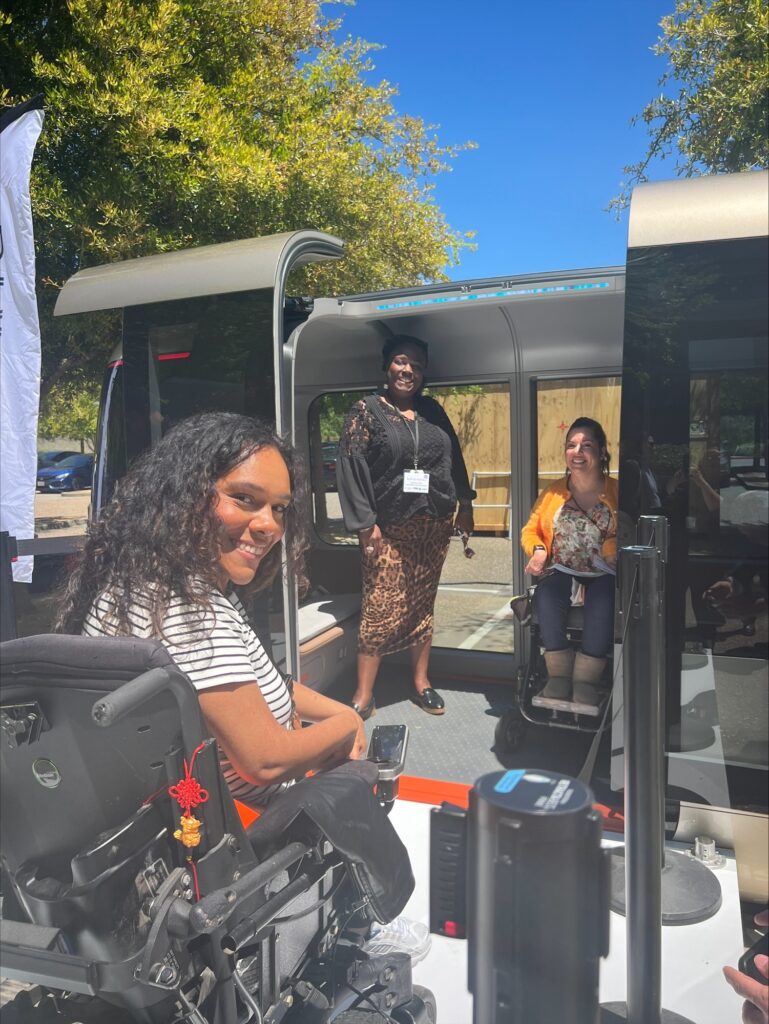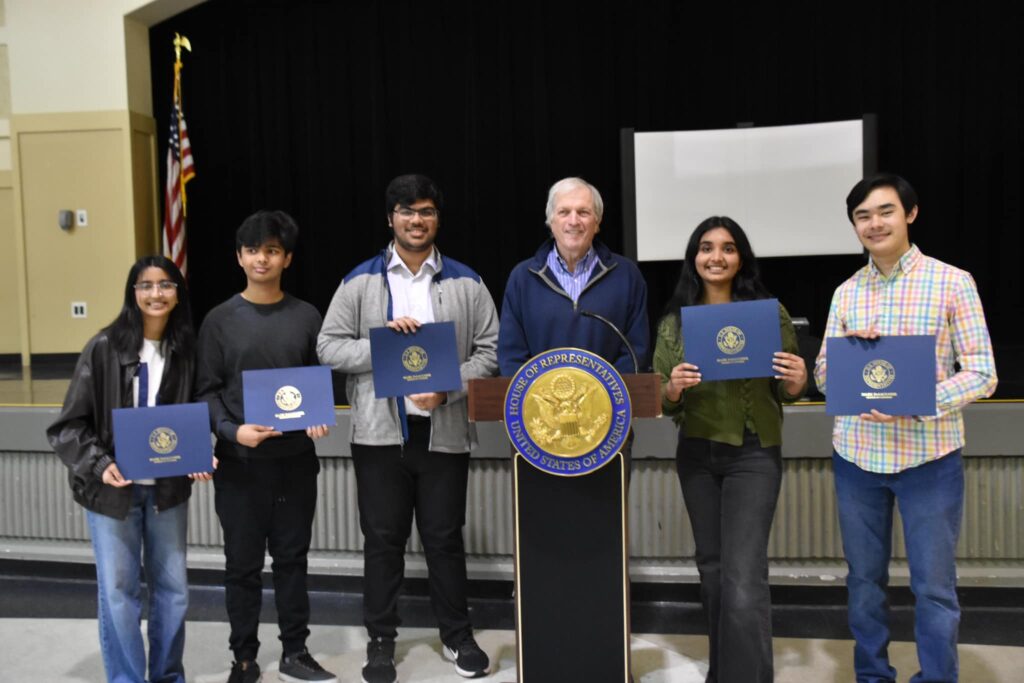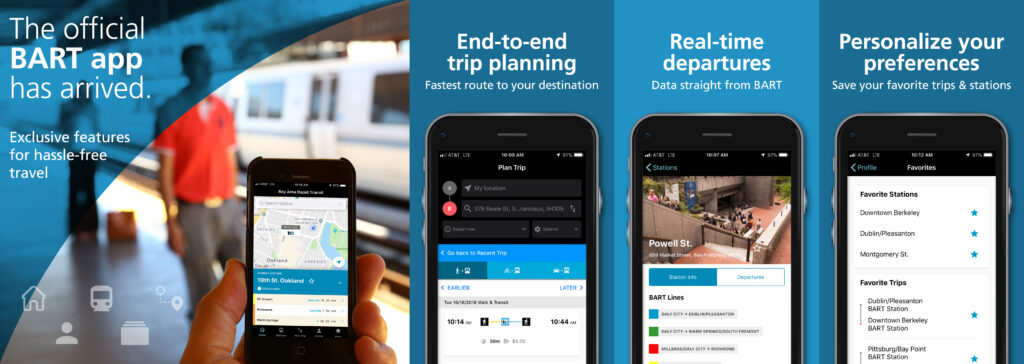
The Flock Safety camera system technology was used to ID the shooting suspect’s vehicle. He was stopped, arrested and his gun, ammunition and drugs were confiscated. Photos (left & center) by Flock Safety, (right) by CHP
Bay Bridge road-rage shooting suspect from San Pablo identified, arrested by Contra Costa Sheriff’s Deputies
6’7″ felon charged with attempted murder, multiple gun crimes
By Jaime Coffee, Director of Communications, CHP Office of Media Relations
A freeway shooting suspect is in custody and a firearm has been recovered after a road rage incident on the San Francisco – Oakland Bay Bridge (SFOBB) early Monday morning, July 1, 2024. The suspect was identified through one of the newly installed high-tech “Flock” cameras, which provide law enforcement with real-time information and alerts to identify and locate vehicles associated with criminal activity. California Governor Gavin Newsom announced the purchase of the cameras as part of the state’s ongoing public safety investments and work in the East Bay to combat criminal activity and freeway violence.
“Through new state-of-the-art technology and the deployment of officers, California is doubling down in our efforts to keep our communities safe. I thank the California Highway Patrol and allied agencies for their persistent work to secure accountability in this case and help ensure that Californians are safe and secure,” said Governor Gavin Newsom.
“The CHP is excited to have this new technology located on freeways in the Bay Area,” said Commissioner Sean Duryee. “Our investigators will utilize this technology to identify and apprehend those who engage in criminal activity and put California’s motorists at risk.”
On Monday, July 1, 2024, at approximately 6:40 a.m., officers assigned to the CHP’s San Francisco Area office were dispatched to a call of a freeway shooting on westbound Interstate-80, just west of the Treasure Island on-ramp. Officers were advised, the victim in the incident was not struck by the bullet; however, she received lacerations from flying glass inside the vehicle. The victim was able to safely exit the freeway, into the city of San Francisco, where he was met by officers and paramedics.
Detectives from the CHP’s Golden Gate Division Special Investigations Unit (SIU) responded to the scene and spoke with the victim, who mentioned the shooting took place following a merging conflict on the Treasure Island on ramp. A description of the suspect vehicle was obtained, allowing detectives to begin a review of Flock camera data. Detectives quickly identified the suspect vehicle and obtained a license plate number, which allowed them to issue a “Be on the lookout” (BOLO) broadcast to Bay Area law enforcement agencies.
At approximately 10:20 a.m., Contra Costa County Sheriff’s deputies located the vehicle traveling on 7th Street near Pennsylvania Avenue in Richmond and conducted an enforcement stop. The driver, 42-year-old Adrian Martinez Emerson of San Pablo, Calif., was detained and turned over to SIU detectives for questioning. A search of Emerson’s 2016 Honda Accord resulted in the recovery of a pistol believed to have been used in the shooting.
Emerson was subsequently booked into San Francisco County Jail on felony charges of attempted murder, assault with a firearm, and discharging a firearm from a vehicle.
According to localcrimenews.com, the six-foot, seven-inch, 170-pound Emerson is Black and was previously arrested by Richmond Police in 2014 on felony parole violation while he was an Antioch resident. No additional information could be located from an online search about Emerson’s previous conviction.
According to the San Francisco Sheriff’s Office, he is being held on no bail and is also include discharge of a firearm at an inhabited enclosure or vehicle, possession of firearm with prior conviction and by a felon, assault with a semi-automatic firearm, carrying a loaded firearm when not the registered owner, possession of ammunition, having a concealed firearm in a vehicle and carrying a loaded firearm. His court date has not yet been set.
The mission of the CHP is to provide the highest level of Safety, Service, and Security.
Allen D. Payton contributed to this report.




